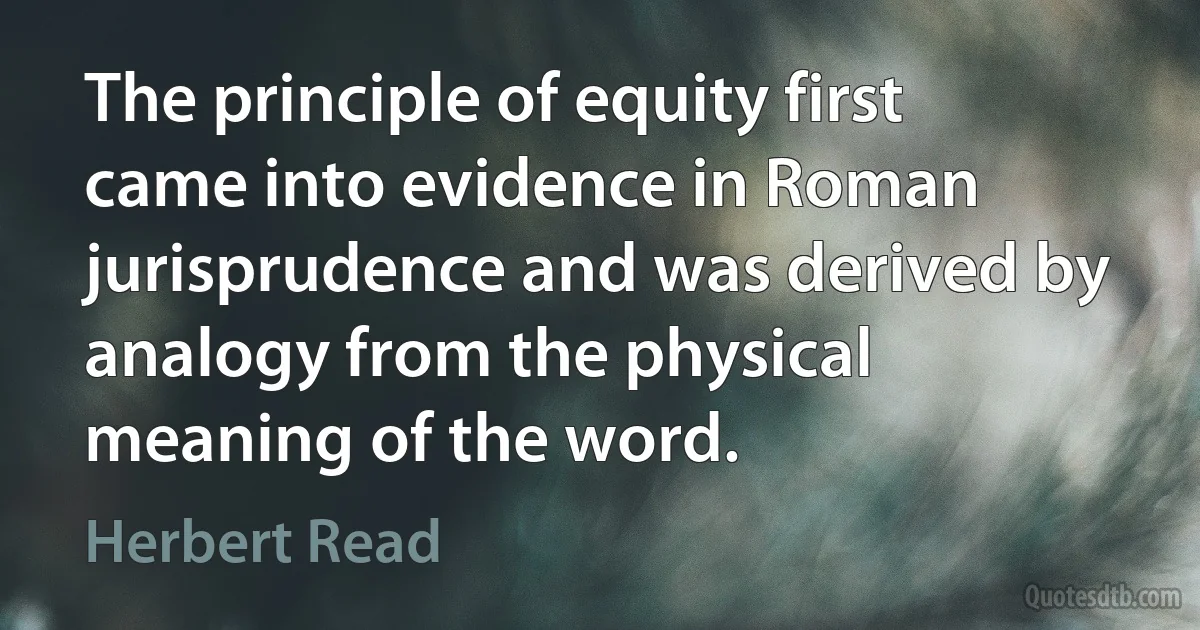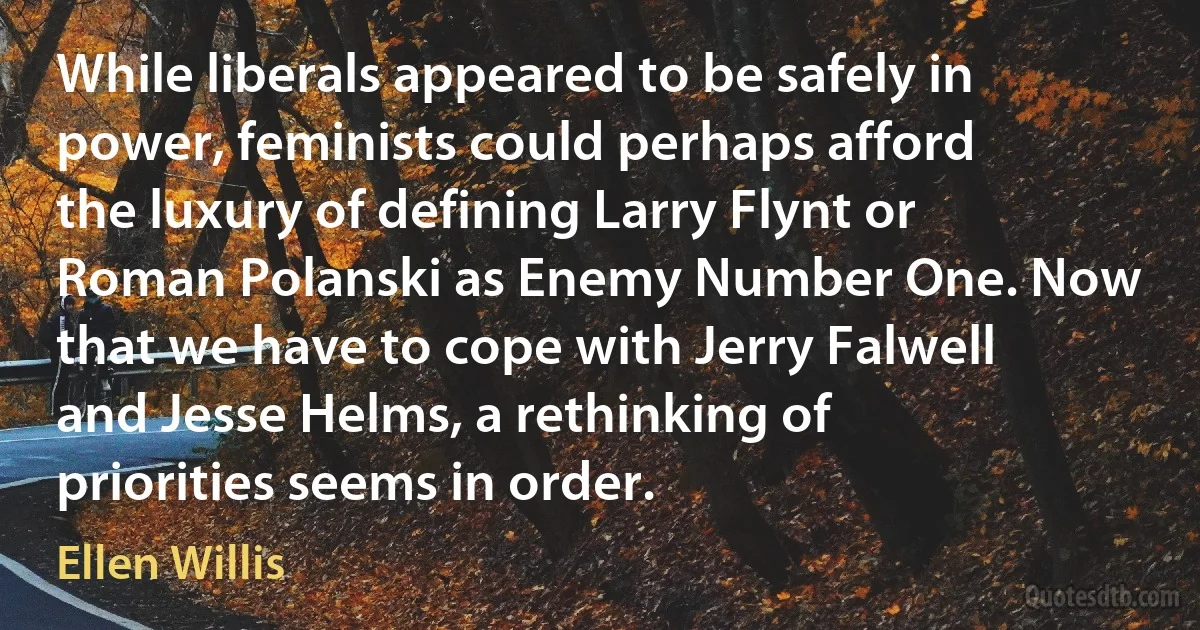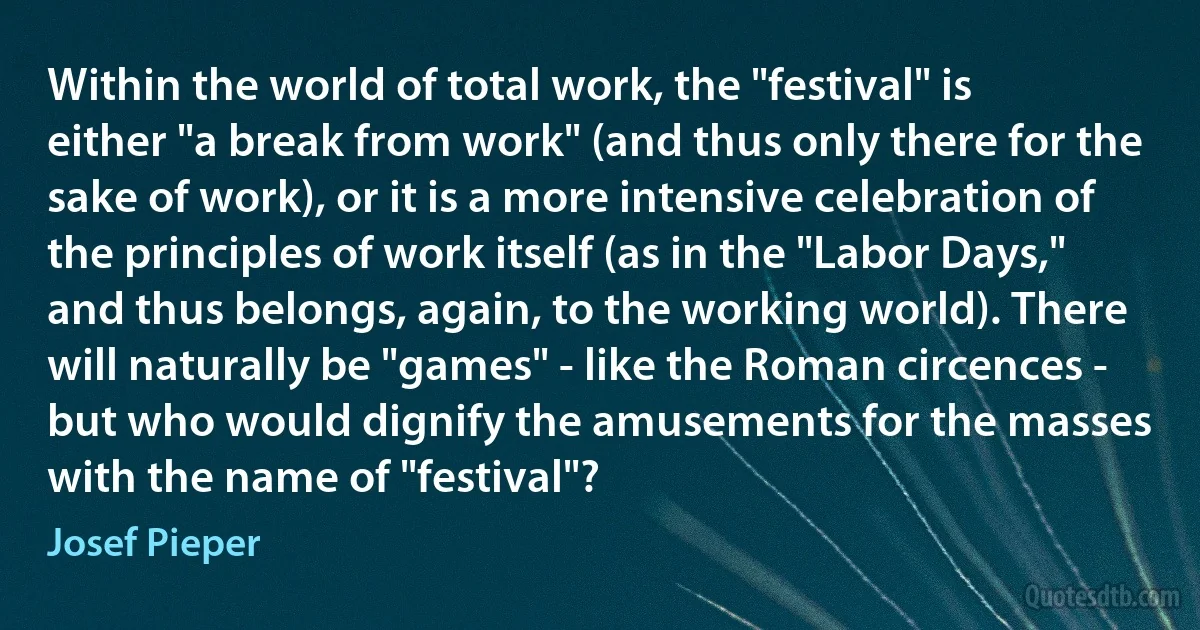Roman Quotes - page 8
The imagination of these conquered peoples was dazzled by the introduction of Greek art, literature, philosophy, and public works. Though the successors of Alexander were unable to maintain the political control of the lands he conquered, and though successive waves of Roman, Arabian, and Tartar conquests swept over these lands in succeeding centuries, none of the later conquerors has been able wholly to eradicate the influence of Greek culture, nor to exterminate that element of population which was of Greek blood.

Henry Morgenthau, Sr.
Ordinarily, every body in society reminds us of somewhat else, or of some other person. Character, reality, reminds you of nothing else; it takes place of the whole creation. The man must be so much, that he must make all circumstances indifferent. Every true man is a cause, a country, and an age; requires infinite spaces and numbers and time fully to accomplish his design; - and posterity seem to follow his steps as a train of clients. A man Caesar is born, and for ages after we have a Roman Empire. Christ is born, and millions of minds so grow and cleave to his genius, that he is confounded with virtue and the possible of man. An institution is the lengthened shadow of one man ... and all history resolves itself very easily into the biography of a few stout and earnest persons.

Ralph Waldo Emerson
...the same mistake that disfigured the coverage of the Bosnian war, where every consumer of news was made to understand that there was fighting between Serbs, Croats, and "Muslims." There are two apples and one orange in that basket, as any fool should be able to see. Serbian and Croatian are national differences, which track very closely with the distinction between Eastern Orthodox and Roman Catholic beliefs. Many Muslims are Bosnian, but not all Bosnians are Muslim. And in fact, the Bosnian forces in the late war were those which most repudiated any confessional definition.

Christopher Hitchens
[A world-system is] a system that is a world and which can be, most often has been, located in an area less than the entire globe. World-systems analysis argues that the units of social reality within which we operate, whose rules constrain us, are for the most part such world-systems (other than the now extinct, small mini-systems that once existed on the earth). World-system analysis argues that there have been thus far only two varieties of world-systems: world-economies and world empires. A world-empire (examples, the Roman Empire, Han China) are large bureaucratic structures with a single political center and an axial division of labor, but multiple cultures. A world-economy is a large axial division of labor with multiple political centers and multiple cultures.

Immanuel Wallerstein
Ultimate futility of such attempts to compel coherence is the lesson of every such effort from the Roman drive to stamp out Christianity as a disturber of its pagan unity, the Inquisition, as a means to religious and dynastic unity, the Siberian exiles as a means to Russian unity, down to the fast failing efforts of our present totalitarian enemies.

Robert H. Jackson
Still haunted by Haiku, and tried my hand at it, but I fall pitifully short of the Wordsworthian touch. But failure in this realm turned my mind to an old enthusiasm of mine, the Welsh englyn. This verse form was derived by the Welsh from the inscriptions which their Roman conquerors put on tombs ... A good englym must have four lines, of ten, then six, syllables, the last two lines having seven syllables each. In the first line there must be a break after the seventh, eighth, or ninth syllable, and the rhyme with the second line comes at this break; but the tenth syllable of the first line must either rhyme or be in assonance with the middle of the second line. The last two lines must rhyme with the first rhyme in the first line, but the third or fourth line must rhyme on a weak syllable. Got that?

Robertson Davies
"It is disgraceful that the Prime Minister should deceive Church leaders to get their support for the Bill. He then had the audacity to mislead the nation by claiming that the Bill had the support of Christians." (Commenting on allegations made by Roman Catholic Archbishop Petero Mataca that Qarase had misled church leaders about the true contents of the legislation).

Mahendra Chaudhry
The Roman came into the Promised Land that had become less and less as promised. The rich got along quite well with the foreign occupation; it provided protection from desperate peasants and patriotic resistance fighters. It provided protection from prophets who could be labeled "agitators" now, without any qualms.

Ernst Bloch
Now to get back to our given Church: it lives almost entirely for modesty and moneyed piety. It zealously inveighs against the harm done to Joseph and the sheep, but it has made its arrangements with the upper classes and serves as their spiritual defender. It bristles at see-through blouses, but not at slums in which half-naked children starve, and not, above all, at the conditions that keep three quarters of mankind in misery. It condemns desperate girls who abort a foetus, but it consecrates war, which aborts millions. It has nationalized its God, nationalized him into ecclesiastic organization, and has inherited the Roman empire under the mask of the Crucified. It preserves misery and injustice, having first tolerated and then approved the class power that causes them; it prevents any seriousness about deliverance by postponing it to St. Never-Ever's Day or shifting it to the beyond.

Ernst Bloch
I have never understood why Catholics of culture take pains to deny or to explain away the fact that the Roman Church is not only a religion but also a secular system of government, and that the Church as representative of God upon earth may eo ipso claim - and always has claimed - absolute power in all things of this world.

Houston Stewart Chamberlain
The solidarity of all progressive forces of the world towards the people of Vietnam today is similar to the bitter irony of the plebeians coaxing on the gladiators in the Roman arena. It is not a matter of wishing success to the victim of aggression, but of sharing his fate; one must accompany him to his death or to victory.

Che Guevara
Good sirs, take heart: -
We'll bury him; and then, what's brave, what's noble,
Let's do it after the high Roman fashion,
And make Death proud to take us. Come, away:
This case of that huge spirit now is cold. -
Ah, women, women! - come; we have no friend
But resolution, and the briefest end.

Cleopatra VII
A Roman emperor sitting at the table surrounded by his bodyguard is a magnificent sight, but when the reason is fear, the magnificence pales. So also when the individual does not dare stand taciturnly by his word, does not stand freely and confidently on the pedestal of a conscious act, but is surrounded by a host of deliberations before and after that render him incapable of getting his eye on the action.

Søren Kierkegaard
Its decadence, satiety, and languor [of Roman civilization] interested me. And I kept looking and returning to their wall paintings with their veiled melancholy and their elegant plasticity. I admired the way they used their geology in their art - the sense of mineral, clay. rock, marble, and stone.

William Baziotes



